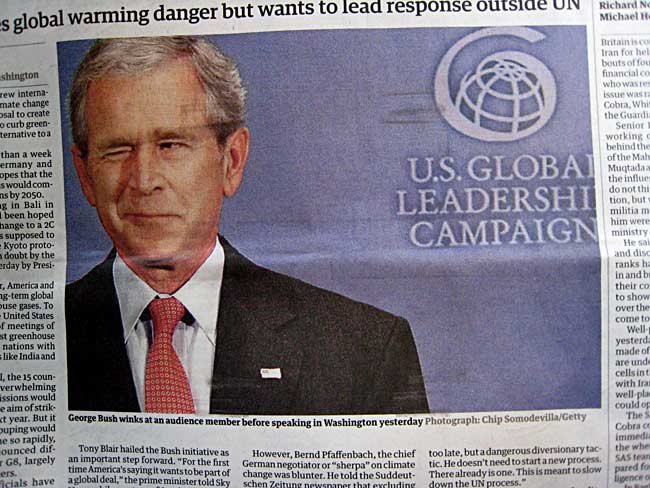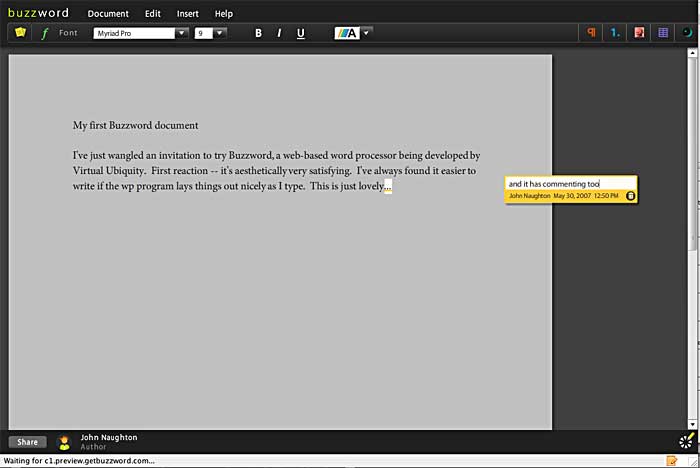This morning’s Observer column…
The most interesting event at the conference was the appearance of the two great metaphor snatchers on the same platform. So far as I know, this is the first time that Jobs and Gates have ever appeared live together in public. And it happened, wrote one commentator, ‘despite scientists’ worries that the density of their combined egos could open a rift in the space-time continuum’.
Fortunately, no such singularity occurred. The pair were interviewed, if that is the correct term for emollient ego-stroking, by Mr Mossberg and his sidekick, Kara Swisher. It was fascinating to observe the differences between them. Jobs gets more distinguished-looking as he gets older. He now looks like a Marine corps general from the Vietnam war. Gates is still a nerd trapped inside an expanding waistline. Jobs is suave, charming, articulate, manipulative and dangerous. Gates struggles to get his thoughts out via the relatively impoverished medium of English. As I watched him I was reminded of George Steiner’s description of the music of Bach: ‘Intense force channelled through a narrow aperture.’ But why not see the whole show for yourself. Just go to tinyurl.com/2b95cr – and keep that garlic handy.





